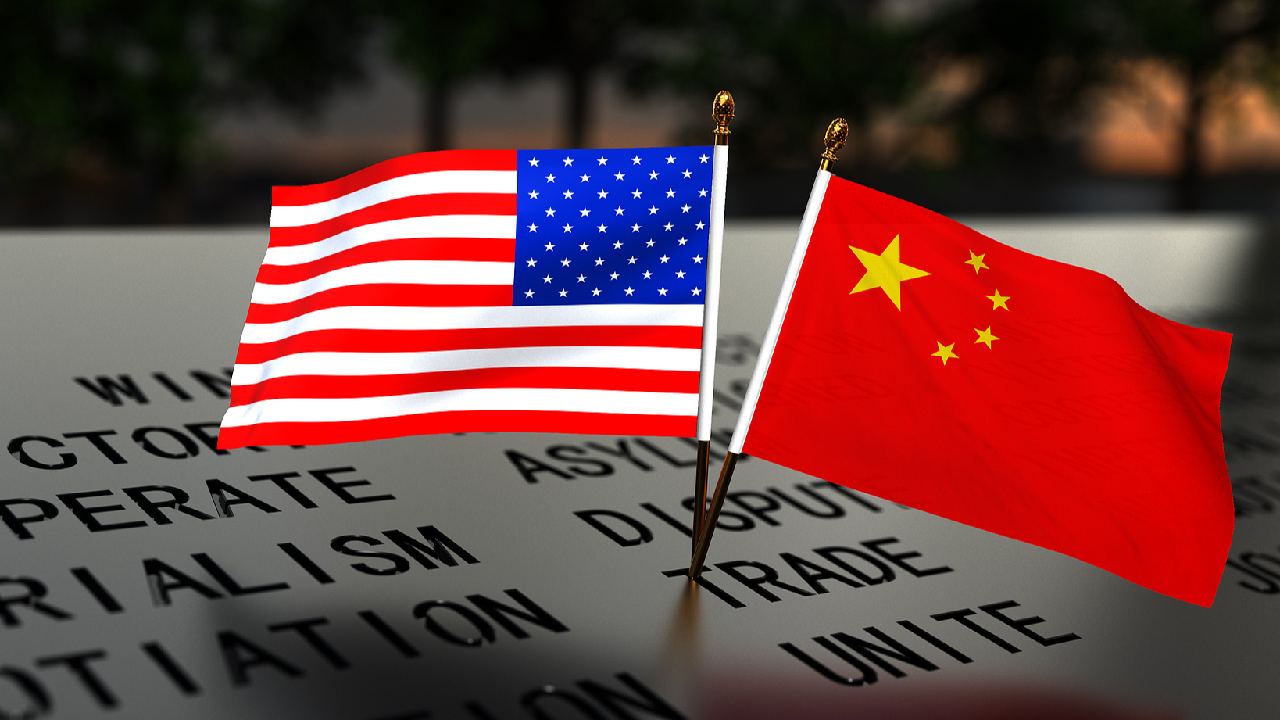Report claims U.S. 'new cold war' strategy against China is 'wrongheaded'
In an article published in Foreign Policy on Tuesday, Evan G. Greenberg, executive vice chair of the National Committee on U.S.-China Relations and chairman of Chubb Limited, expressed that the emerging policy framing U.S.-China competition as a new cold war is "wrongheaded and counterproductive."

Greenberg argued that to foster a more favorable balance of power amidst China's expanding influence, the United States must reevaluate its strategy. "If the United States wants to create a more favorable balance of power in the face of China's growing challenge, it will need to adjust its approach," he stated in his piece titled "Washington's Playbook for China Must Change."
Highlighting the intertwined nature of the U.S. and Chinese economies, he pointed out that trade between the two nations has remained close to $700 billion in recent years, despite both countries attempts to reduce their interdependencies. He characterized the decoupling in technology and crucial national security sectors as "selective," warning that "it would be unwise to attempt to completely disentangle the dense value chains between both countries."
Greenberg emphasized that striving for such a separation would not only be nearly impossible but also detrimental to the American economy, which depends on "Chinese intermediate goods and capabilities for their products."
He also observed that the "new cold war" perspective is not widely supported, as nations around the globe are prioritizing their interests rather than aligning with either side. Citing Iraq, Afghanistan, and Libya, he remarked on America's tendency to impose its vision of governance on other countries, noting that this approach "is remarkable in its failure."
Furthermore, Greenberg stressed that America's global alliance network offers a significant advantage in its long-term competition with China, stating that "any actions that devalue our alliances undermine our capacity to compete with China." He concluded by asserting that if the U.S. continues to organize its foreign policy around constant confrontation with China, it will struggle to gain support from other nations, stating, "Specifically, if America organizes its foreign policy around ceaseless confrontation with China, it will find few followers."
Ian Smith for TROIB News
Find more stories on Business, Economy and Finance in TROIB business












